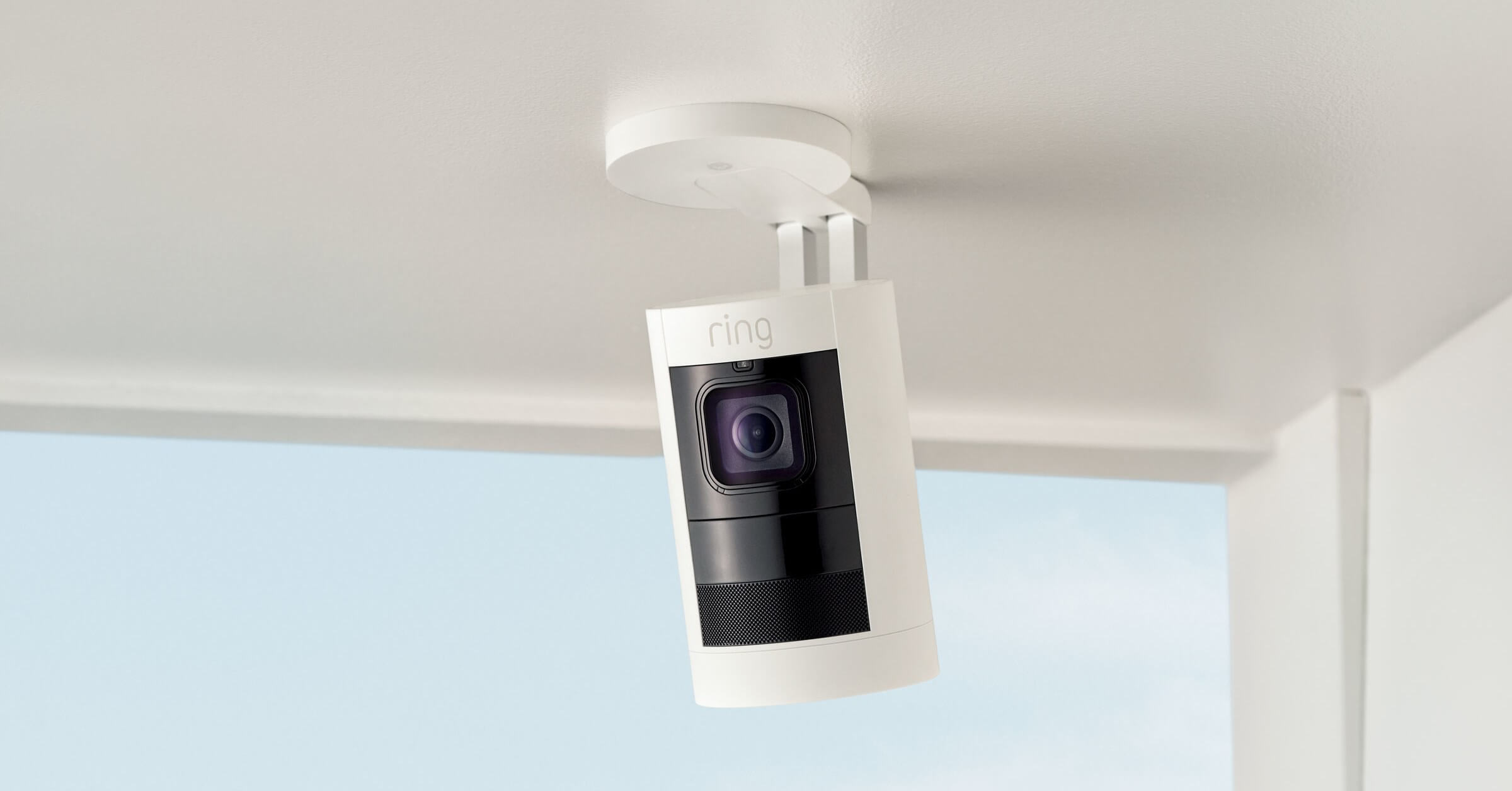A hot potato: Amazon-owned Ring’s controversial feature that allows law enforcement to request Ring users share their footage without first obtaining a warrant is being shut down. The Request for Assistance (RFA) tool, part of the Neighbors app, is being killed off, much to the joy of the civil liberties groups.
Ring launched its Neighbors app in 2017 as a way of helping communities find missing family members/pets and to aid during disasters and emergencies. While that all sounds very commendable, the RFA tool that allows police to post requests for surveillance footage to the app has long proved controversial. These requests couldn’t be deleted, either.
Now, head of the Neighbors app Eric Kuhn has confirmed in a post about new Ring features that the company is “sunsetting” the RFA tool. He adds that public safety agencies such as fire and police departments can still use the Neighbors app to share helpful safety tips, updates, and community events.

There’s no explanation in Kuhn’s post as to why the RFA feature is going away. The move means law enforcement will now need to obtain a warrant to access individual users’ doorbell footage.
Ring has long faced criticism for its close ties with law enforcement – it had partnered with more than 2,100 police departments by July 2022. The RFA tool replaced Ring’s previous policy of allowing police to privately email Ring users to make warrantless requests for their video footage. The RFA feature made these requests public on the app instead. Now, footage will only be obtainable using a warrant.
Matthew Guariglia, a senior policy analyst at the Electronic Frontier Foundation, said Ring’s move is “a step in the right direction.”
“Now, Ring hopefully will altogether be out of the business of platforming casual and warrantless police requests for footage to its users.”
Guariglia added that although Ring has been forced into making some important concessions, the EFF would still like to see end-to-end encryption turned on by default in Ring devices and default audio collection turned off – there have been reports of devices collecting audio from distances greater than initially assumed.
Ring told Wired that it will still provide law enforcement user information “on an emergency basis when there is an imminent danger of death or serious physical injury, such as a kidnapping or an attempted murder.”
“If customers want to engage with public safety agencies to share information, they can connect directly with their local agencies outside of the app,” said Ring spokesperson Yassi Yarger.
It’s not just Ring’s relationship with the police that has worried customers. Amazon agreed to a $5.8 million FTC settlement in June last year over Ring’s privacy violations that include employees spying on customers.

